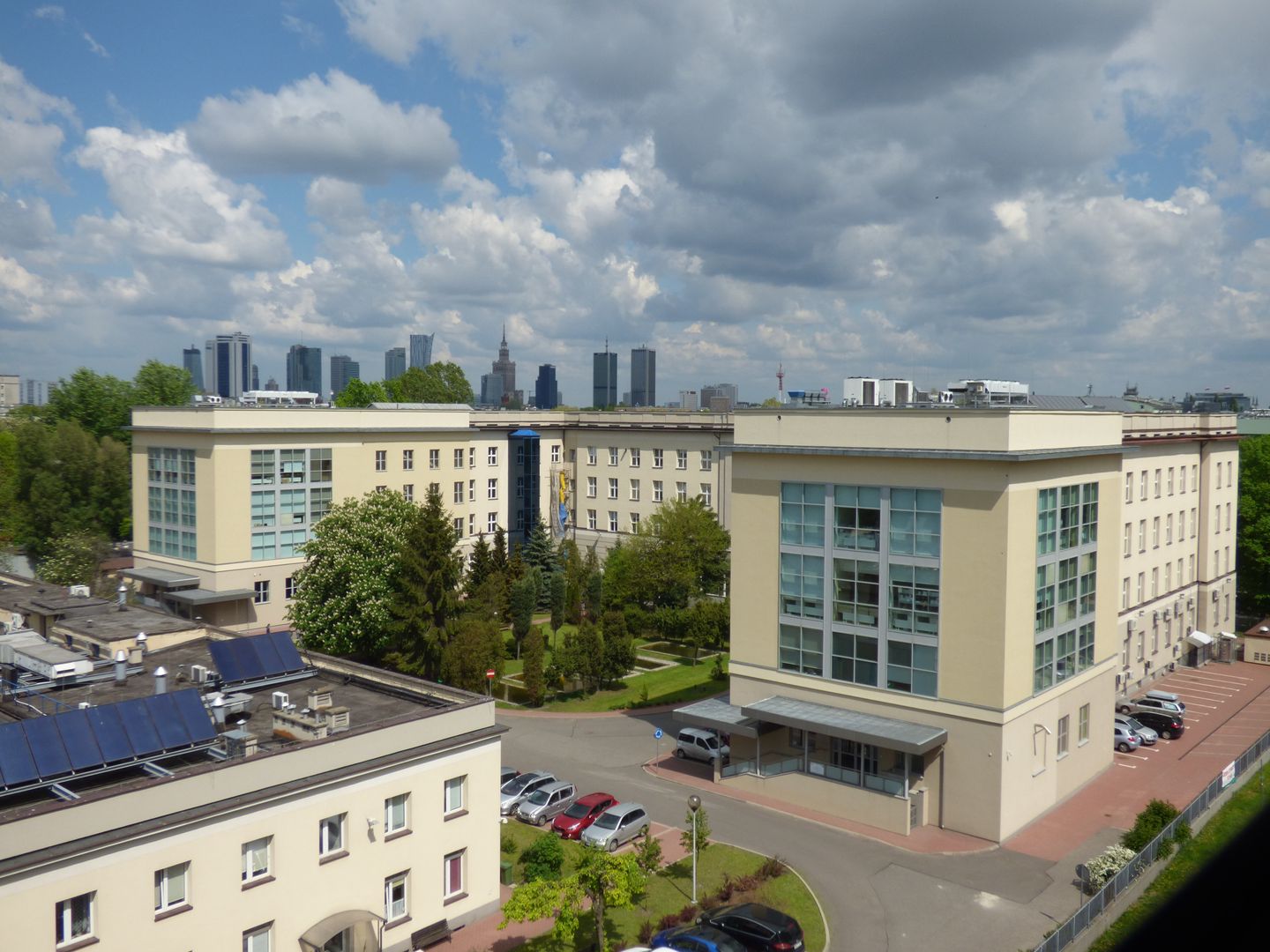Nencki Institute of Experimental Biology of the Polish Academy of Sciences
6.78

Overview
The Nencki Institute of Experimental Biology of the Polish Academy of Sciences, established in 1918 in Warsaw, is the largest non-university biological research center in Poland. As a unit of the Polish Academy of Sciences, the institute covers a broad spectrum of biology, including biochemistry, cell biology, and neurobiology, conducting interdisciplinary research at various levels of life organization. It is equipped with modern laboratories, including facilities for microscopy and electrophysiology, and operates a research station in Mikołajki dedicated to ecological studies. The institute is authorized to award doctoral and postdoctoral degrees in biology, training over 150 PhD students, including participants in international programs. It also coordinates activities within the Euro-BioImaging project, promoting advanced imaging techniques in biology. From a historical perspective, the institute was founded through the efforts of Professor Marceli Nencki's students, and its development over the years has often faced challenges, particularly during World War II, when it lost much of its legacy. Despite this, the institute has grown with each decade, expanding into new research areas, including in recent years applied research, reflected in a growing number of patents and collaborations with industry. The institute is also actively involved in science outreach, participating in numerous science festivals and organizing lectures and educational activities for young people. Notably, it was the first institution in Poland to award itself the HR Excellence in Research title, confirming its commitment to European standards in scientific research. Many distinguished scientists have been associated with the institute, and its history is marked by numerous achievements and accolades. Today, the institute continues its scientific traditions, remaining a significant center in both the Polish and international scientific community.
Location
Tickets
Powered by GetYourGuide
2026 Wizytor | All Rights Reserved